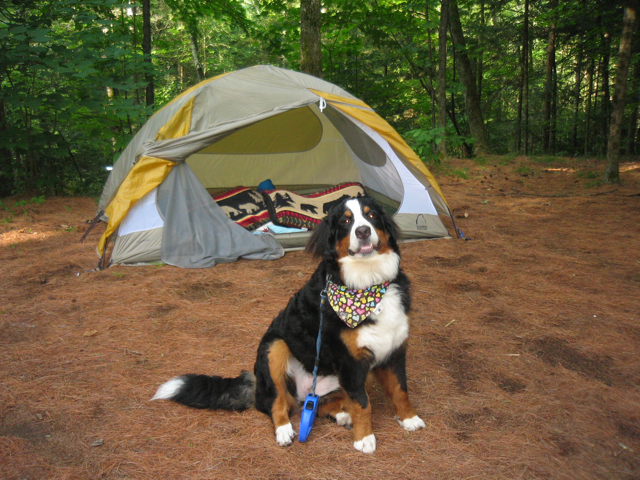Casual Hiker
New member
Between the snow falling here today in Massachusetts (6-10 expected where I live) and upcoming meniscus surgery in November, I am daydreaming about what hiking challenge I can do this year. I feel like I am missing out on the best part of the year due to injury.
Anyway, I am thinking about doing an overnight trip in the Whites - something I've never done in the past. I have a good backpacking tent, and a -20 bag I can bring. My thinking right now is a good beginner hike might be to head up the Kinsmans. I've climbed North Kinsman several times in the winter, and it seems doable to me. Are there any other good beginner winter overnight spots? I would think I should avoid the Presidentials, although I wonder if Pierce below tree line at the Mizpah site might be ok.
I'd prefer not becoming a statistic, and really hope to get a good winter overnight experience with a manageable amount of risk. Thanks in advance for any suggestions.
Anyway, I am thinking about doing an overnight trip in the Whites - something I've never done in the past. I have a good backpacking tent, and a -20 bag I can bring. My thinking right now is a good beginner hike might be to head up the Kinsmans. I've climbed North Kinsman several times in the winter, and it seems doable to me. Are there any other good beginner winter overnight spots? I would think I should avoid the Presidentials, although I wonder if Pierce below tree line at the Mizpah site might be ok.
I'd prefer not becoming a statistic, and really hope to get a good winter overnight experience with a manageable amount of risk. Thanks in advance for any suggestions.

